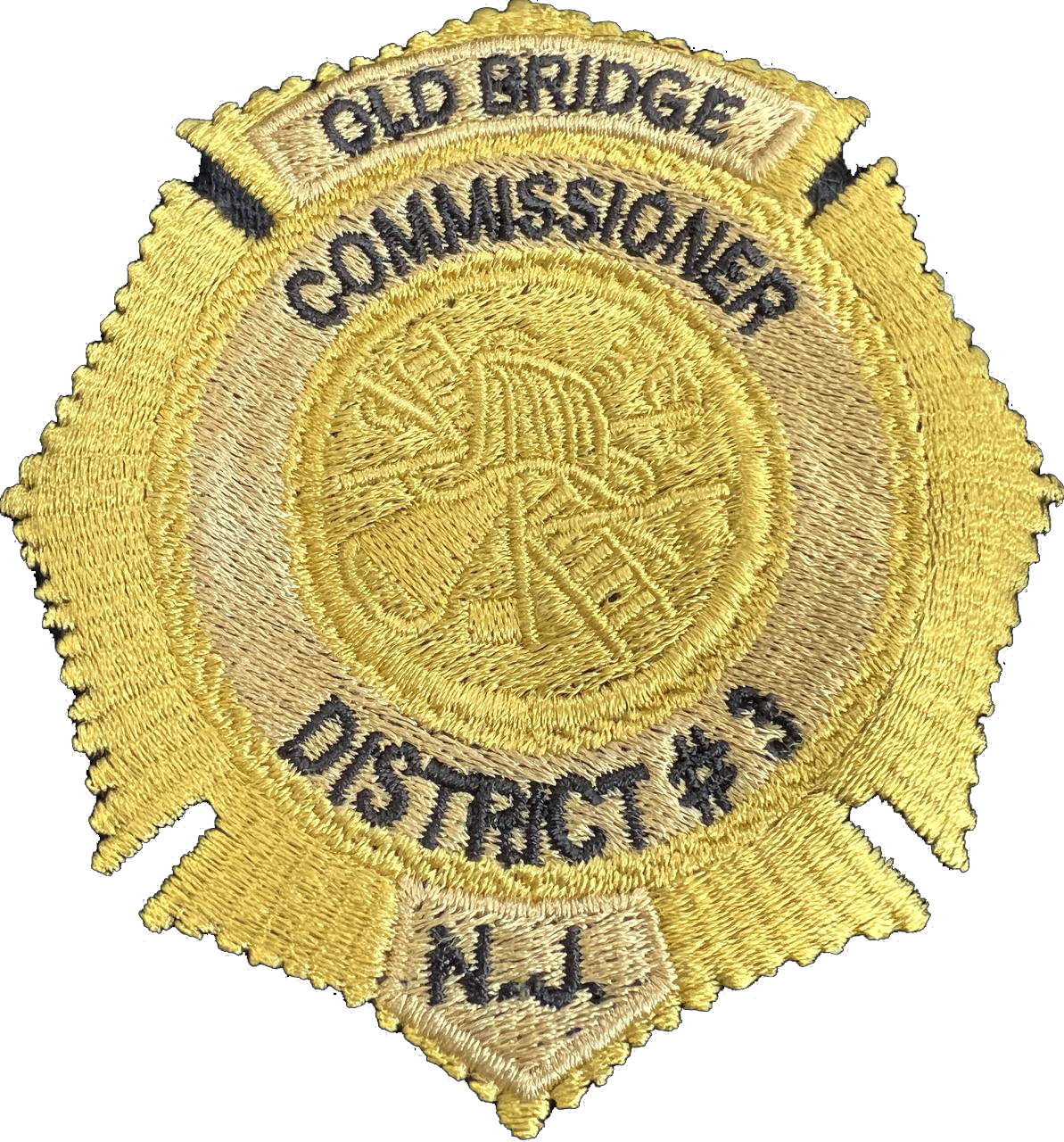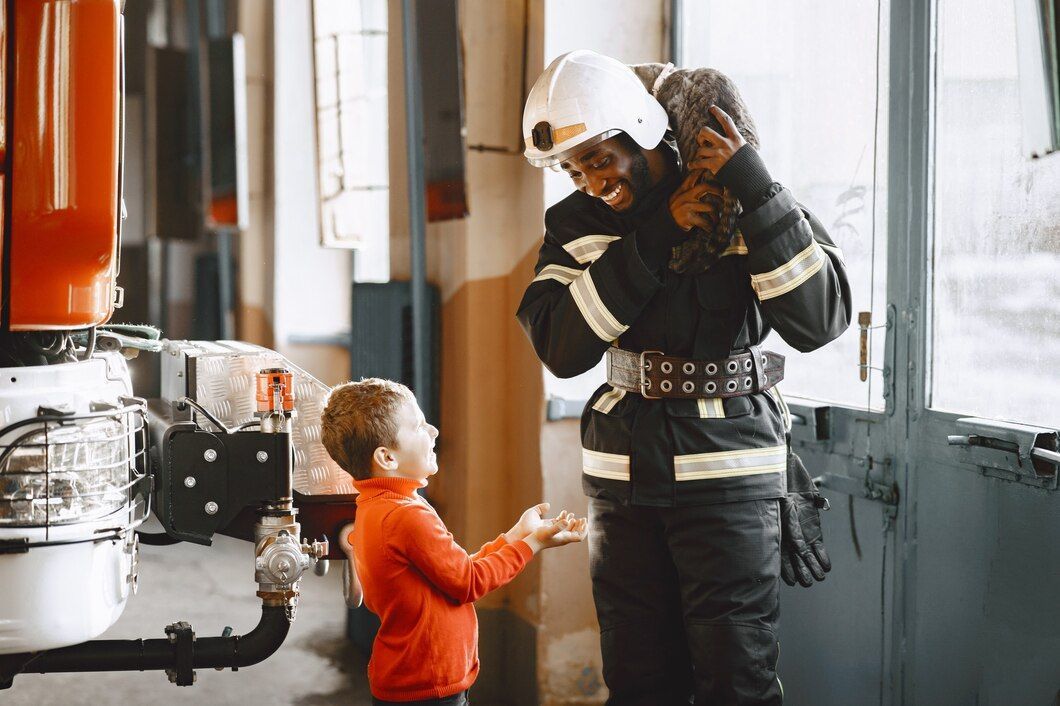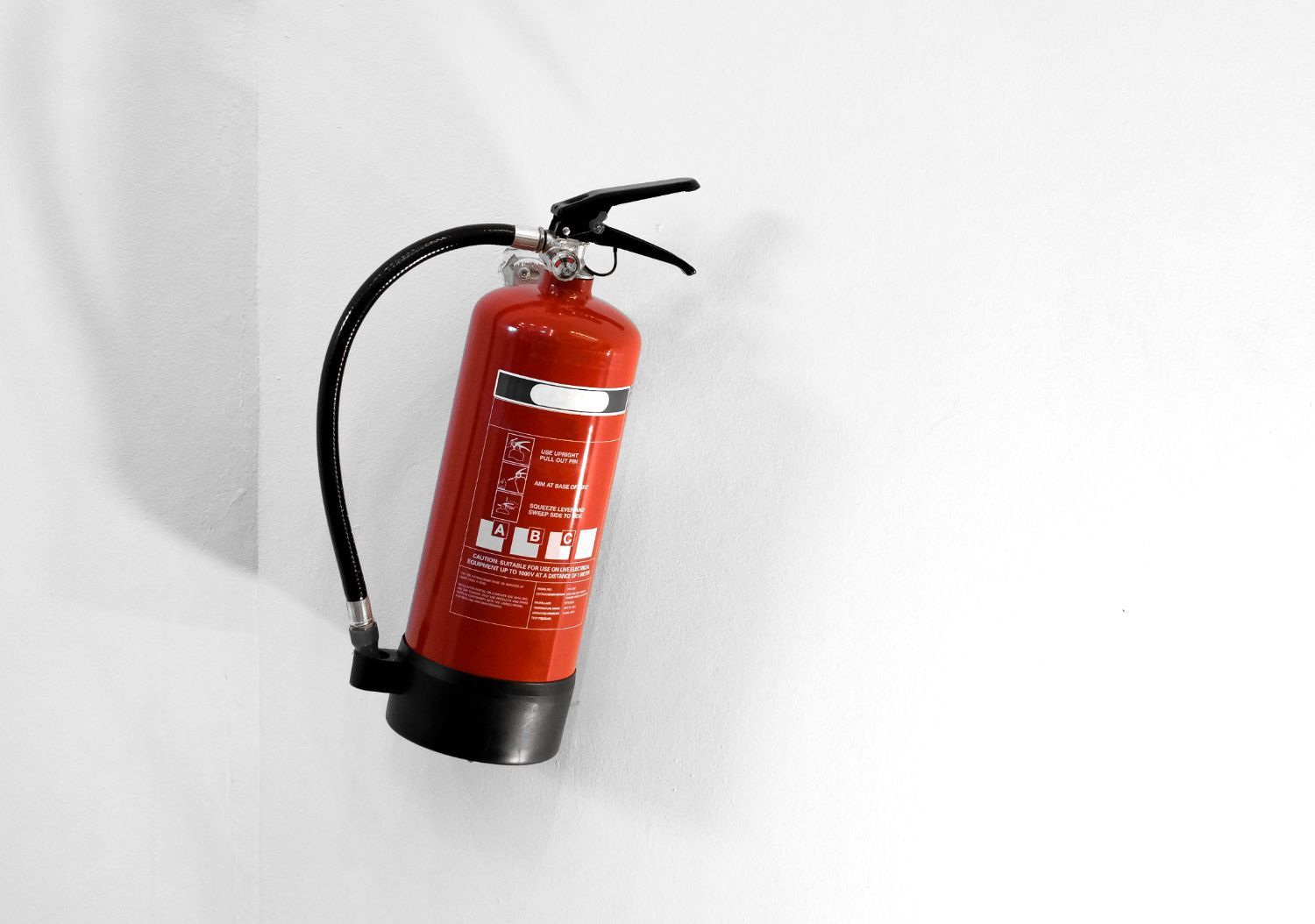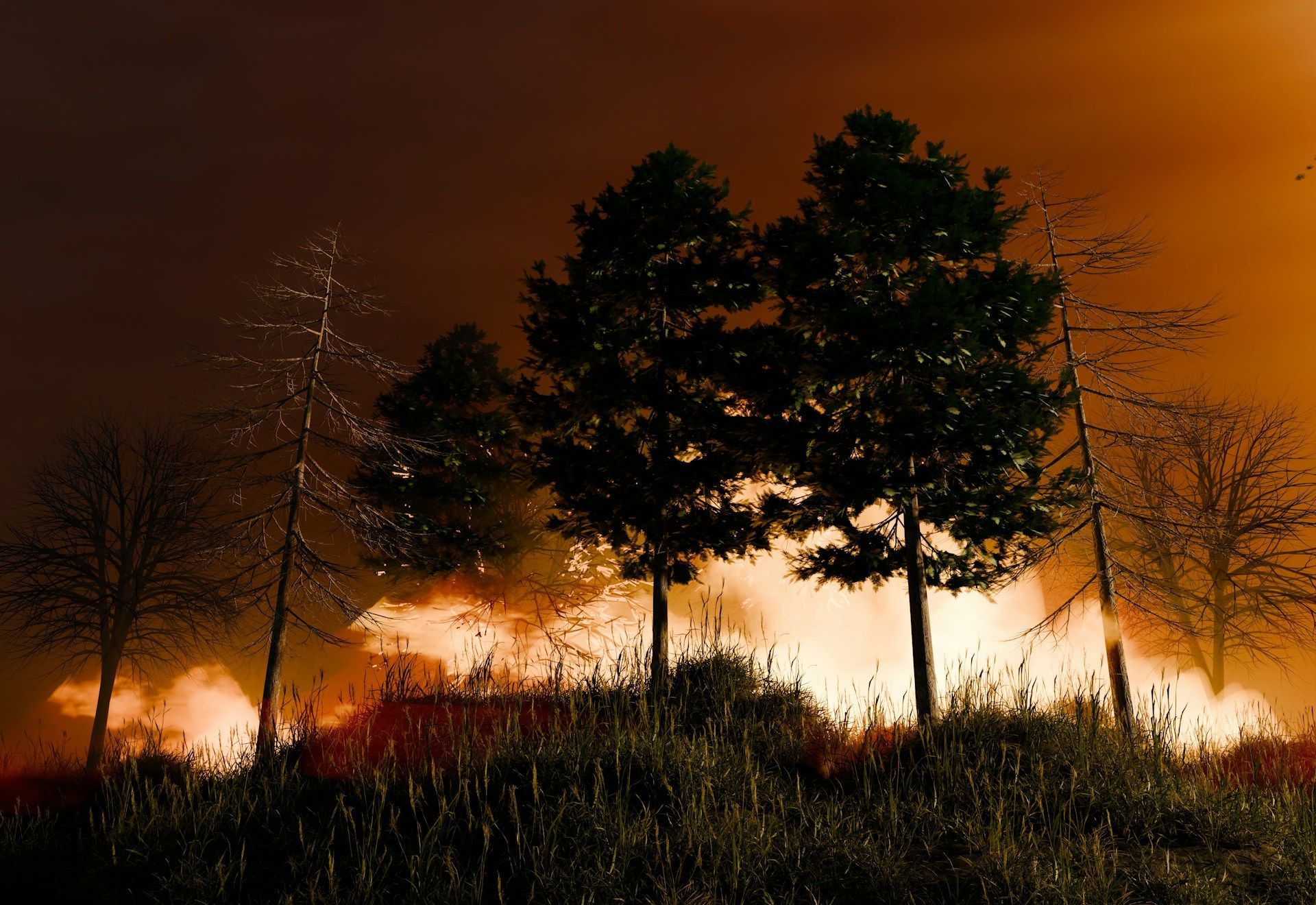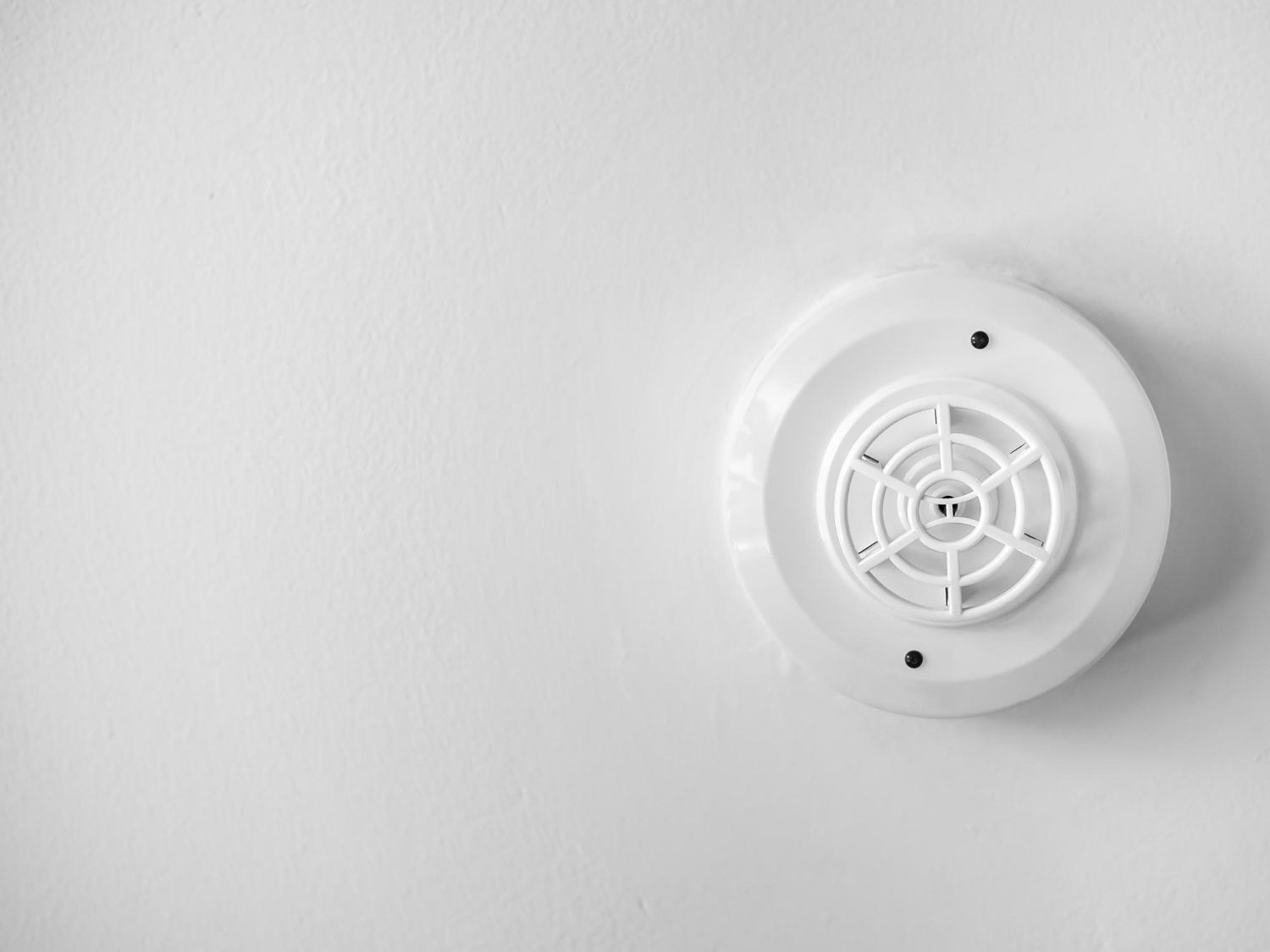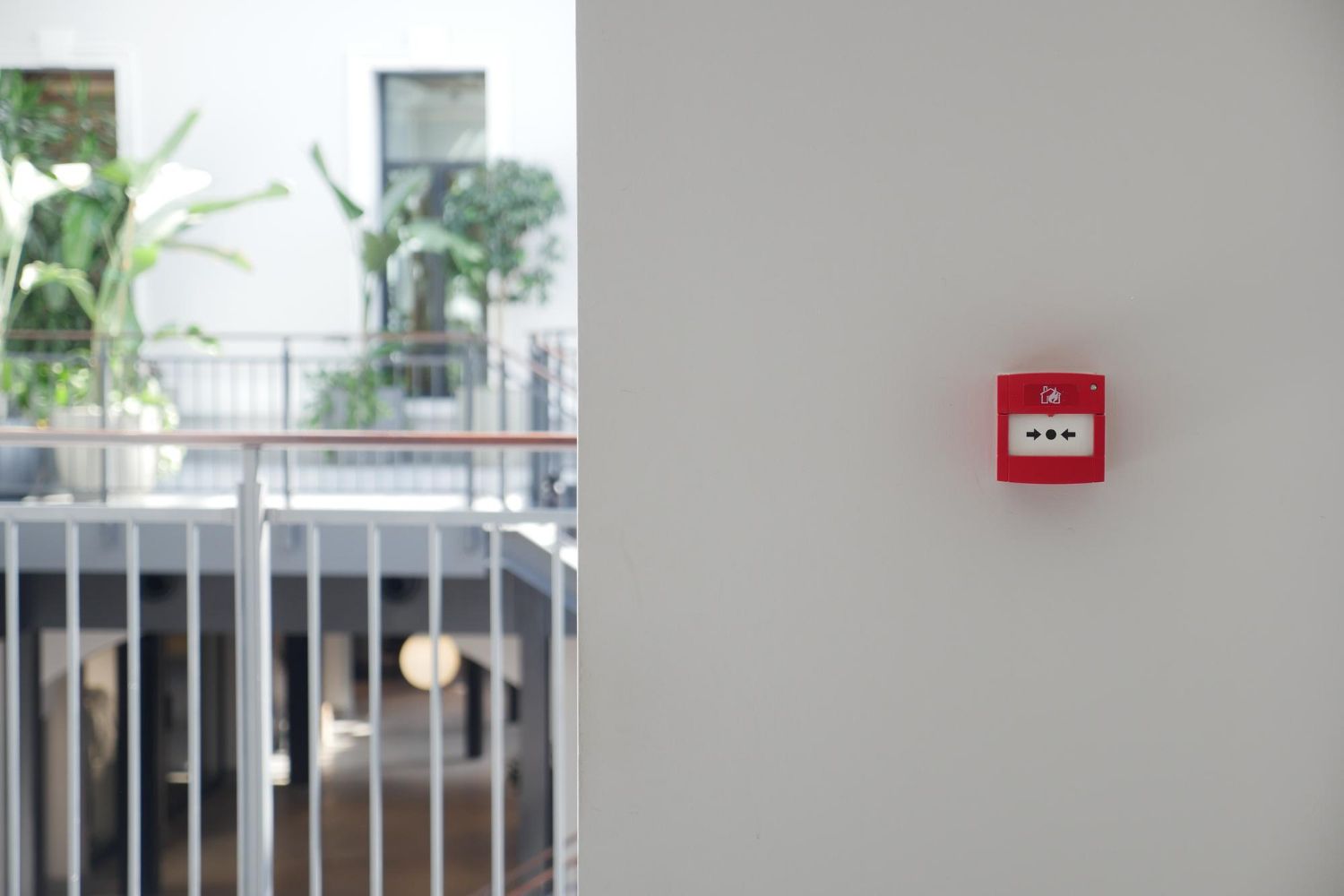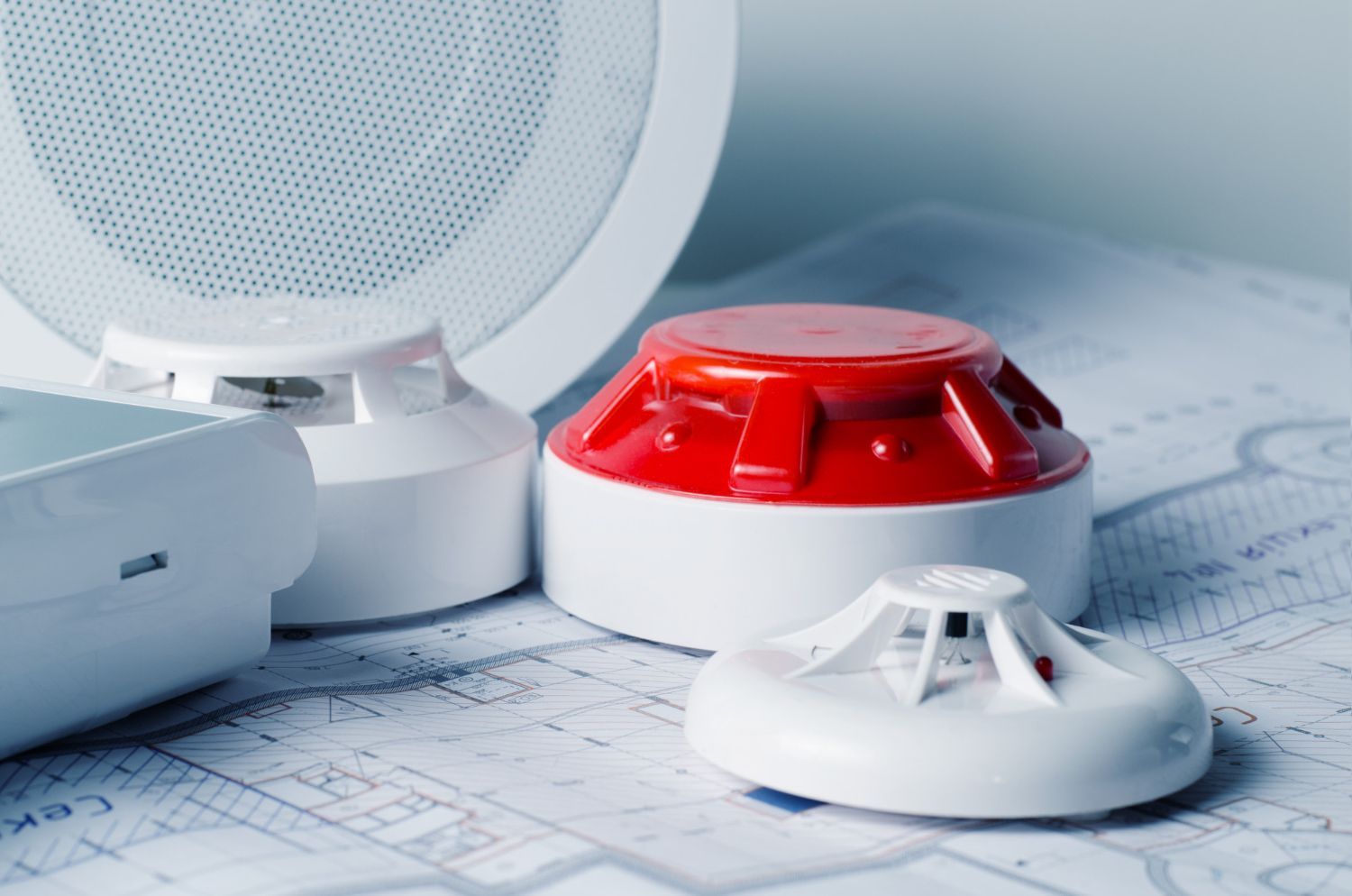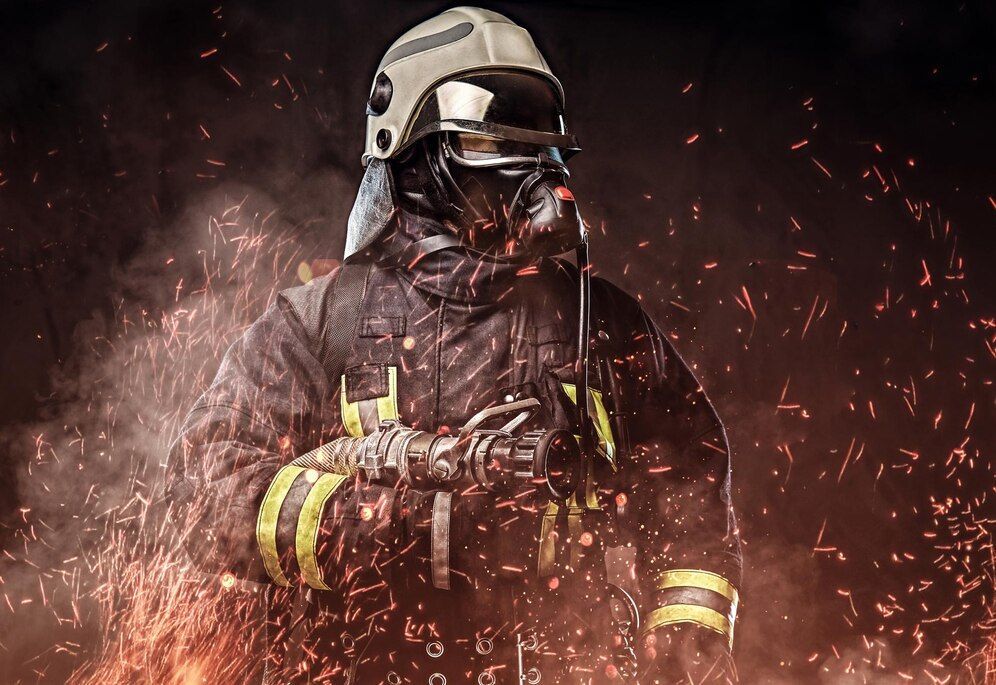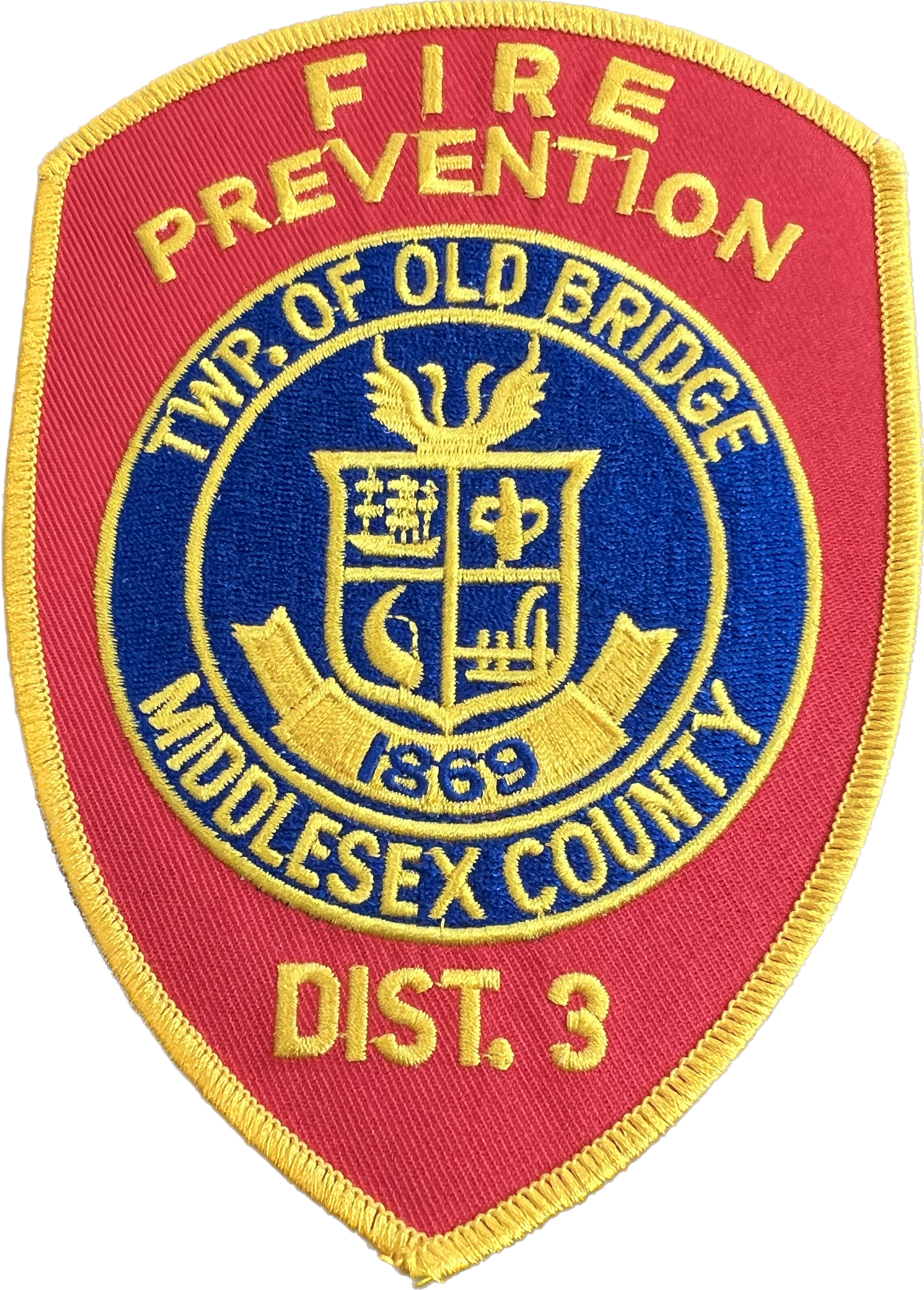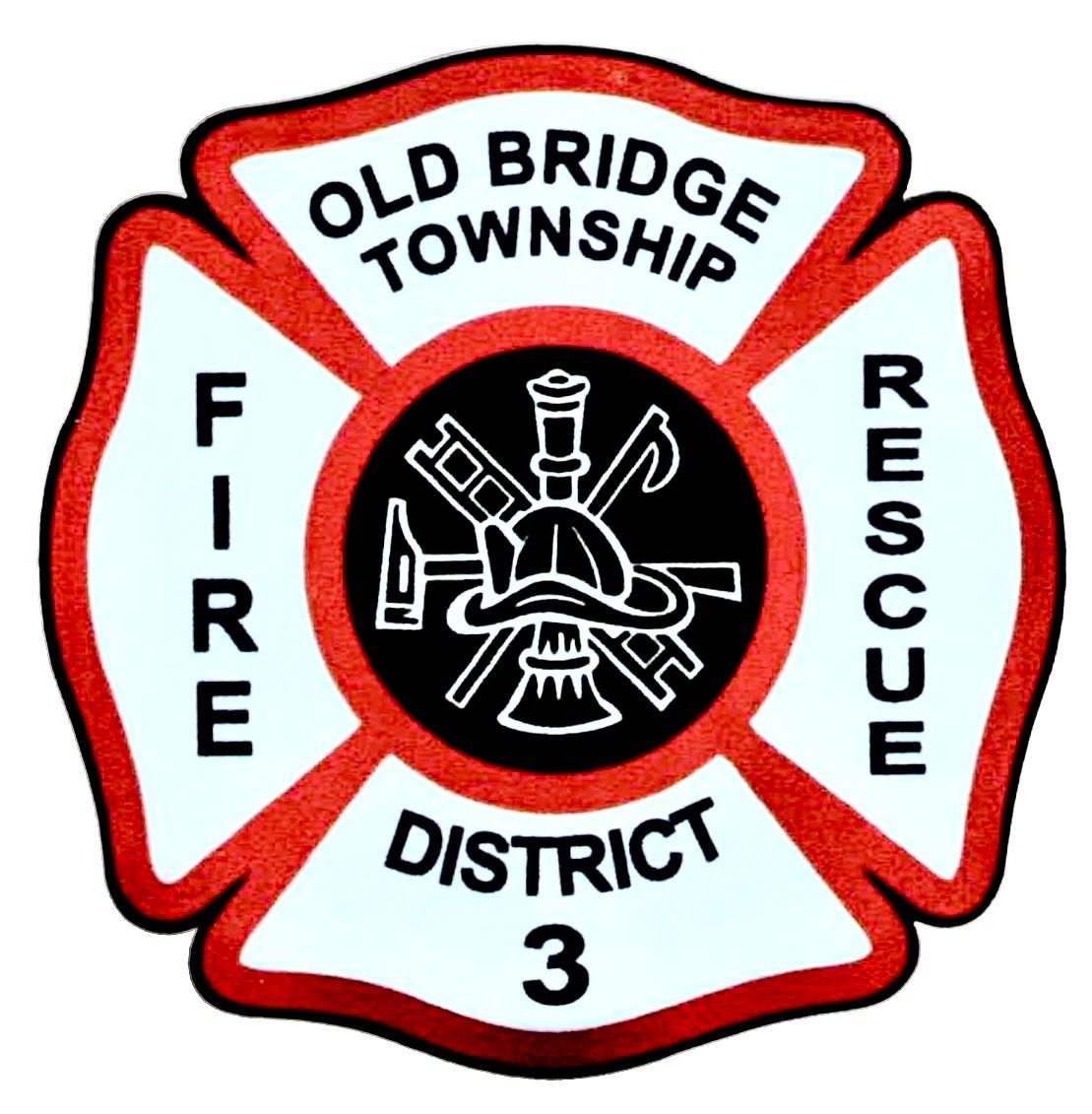8 Common Household Fire Hazards and How to Prevent Them in Fire District 3
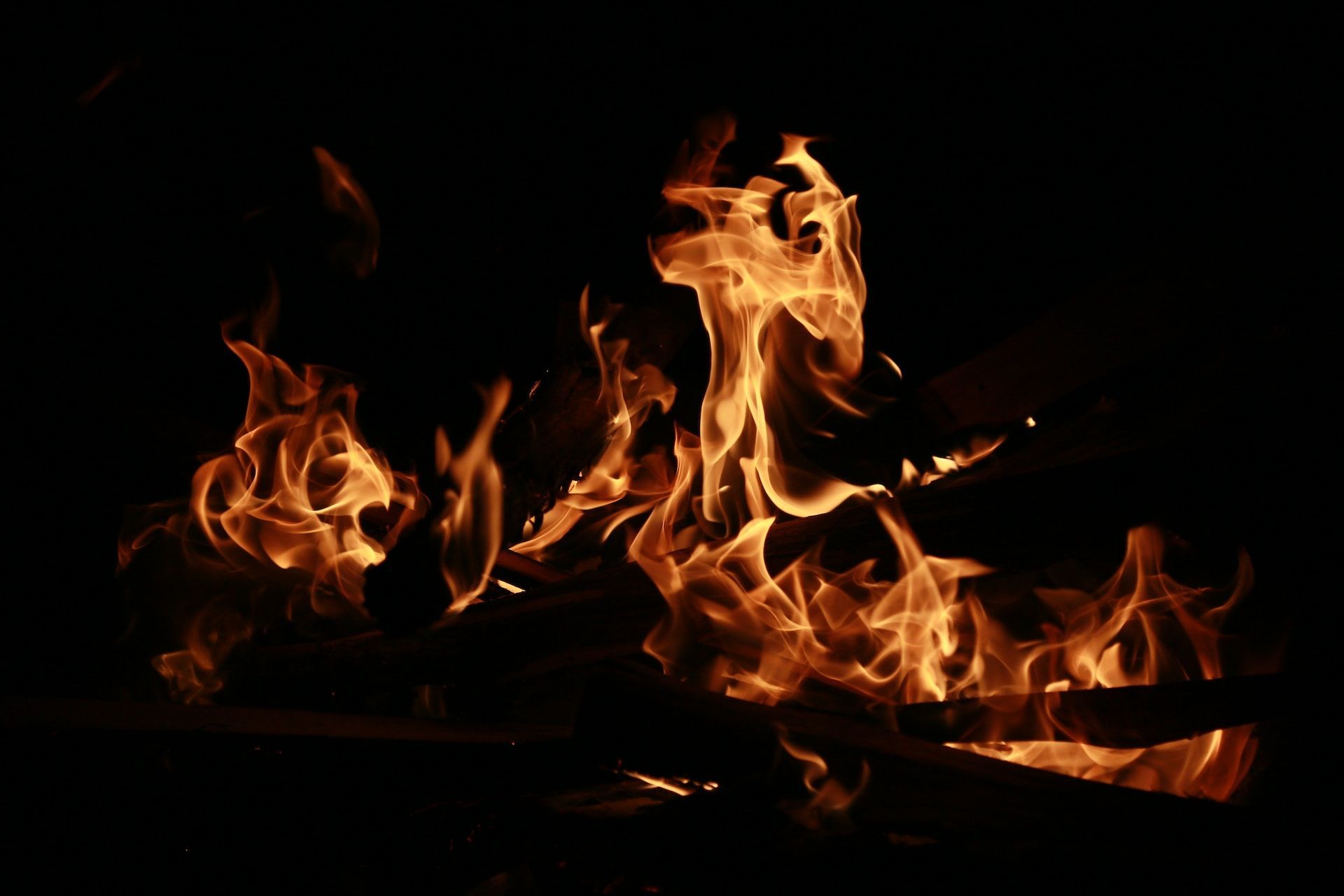
A safe home is a top priority for every resident in Fire District 3, and one critical aspect of home safety is fire prevention. House fires can often be traced back to everyday sources and activities, which, if overlooked, can pose serious risks. To help you create a fire-safe home for your family and neighbors, we've identified the eight most common household fire hazards and provided vital tips on how to prevent them.
By staying informed and taking the necessary precautions, you can help reduce the risk of fire incidents and ensure a safer living environment for everyone in your community. Read on to learn about these potential fire hazards and how you can minimize the risk they pose to your home and loved ones. Take control of your home's safety today and contribute to a more secure Fire District 3 for all.
1. Unattended Cooking
Unattended cooking is the leading cause of home fires and fire injuries, accounting for nearly half of all house fires in the United States. To prevent cooking fires:
- Never leave the kitchen unattended while cooking, especially when using high heat.
- Keep flammable items like oven mitts, towels, and wooden utensils at least three feet away from the stovetop.
- Ensure pot handles are turned inward to prevent accidental spills.
- Use a timer to remind you of cooking times.
- Keep a fire extinguisher in or near the kitchen.
2. Electrical Overloads and Faulty Wiring
Overloaded electrical outlets, damaged cords, and faulty wiring can quickly spark a fire in your home. To reduce electrical hazards:
- Avoid using multiple high-wattage appliances in a single outlet.
- Regularly check electrical cords for wear and tear. Replace frayed or damaged cords immediately.
- Use surge protectors, especially for computer equipment and entertainment systems.
- Schedule a professional electrical inspection for your home every few years, especially if your house is more than 30 years old.
3. Smoking Indoors
Smoking-related fires often originate from discarded cigarettes or smoking materials. Data from the National Fire Protection Association states that smoking is the leading cause of civilian home fire deaths in the United States. To minimize smoking-related fire risks:
- Encourage smokers to step outside when smoking.
- Use heavy, deep ashtrays that won't tip over easily.
- Soak cigarette butts and ashes in water before disposing of them.
- Never smoke in bed or while sleepy.
- Keep smoking materials away from children and pets.
4. Space Heaters
Space heaters are a primary cause of home heating fires, particularly during the winter months. To prevent space heater-related fires:
- Only use space heaters with an automatic shut-off feature that activates if the heater tips over or overheats.
- Maintain a three-foot safety zone around space heaters, free of flammable items like curtains, furniture, and bedding.
- Plug the space heater directly into a wall outlet, not an extension cord or power strip.
- Turn off and unplug space heaters when not in use or when leaving the room.
- Follow the manufacturer's safety instructions and recommended usage guidelines.
5. Candle Use
Candles can add ambiance to a room, but they're also a leading cause of home fires. The National Fire Protection Association reports that an average of 21 home candle fires are reported per day. To reduce the risk of candle fires:
- Keep candles at least 12 inches away from flammable items.
- Use sturdy candle holders that won't tip over or catch fire.
- Always snuff out candles before leaving the room or going to bed.
- Avoid using candles near drafts, air vents, or fans.
- Consider using flameless LED candles instead of traditional candles.
6. Dryer Vents
Dryer vent fires occur when lint accumulates in the dryer or its exhaust duct, restricting airflow and creating a fire hazard. The U.S. Fire Administration estimates that 2,900 clothes dryer fires are reported each year. To prevent dryer fires:
- Clean the lint trap after each load of laundry.
- Inspect and clean the dryer vent duct regularly, at least twice a year.
- Keep the area around the dryer clean and clutter-free.
- Always follow the manufacturer's guidelines for proper dryer use and maintenance.
7. Flammable Liquids and Products
Improper storage or use of flammable liquids and products can contribute to the risk of a fire. To prevent fires related to flammable materials:
- Store flammable liquids such as gasoline, propane, and paint thinners in approved containers away from living spaces, in a cool, well-ventilated area.
- Dispose of oily rags, paint-soaked materials, and other combustible items appropriately, using a sealed metal container away from heat sources.
- Follow proper safety guidelines when using flammable products and avoid using them near open flames or heat sources.
8. Poorly Maintained Chimneys and Fireplaces
Chimney and fireplace fires occur when creosote, a highly flammable byproduct of wood combustion, builds up in the chimney flue. To prevent chimney fires:
- Schedule a professional chimney inspection and cleaning at least once a year.
- Use seasoned, dry firewood to reduce creosote buildup.
- Install a spark arrestor or chimney cap to prevent embers from escaping and debris from entering the chimney.
- Check your chimney regularly for any signs of damage or obstruction.
By recognizing and addressing these household fire hazards, Fire District 3 residents can substantially reduce the risk of home fires, creating a safer, more secure community for all.
Secure Your Home, Secure Your Community
House fires can be both devastating and preventable. As a resident of Fire District 3, do your part to protect your home, loved ones, and neighbors by being proactive and addressing the common household fire hazards outlined in this article. Remember, fire prevention is a shared responsibility, and your efforts can play a significant role in keeping our community safe and secure.
At
Board of Fire Commissioners, Fire District 3, Township of Old Bridge, we strive to provide our residents with the most accurate information and resources to maintain a fire-safe community. If you have any questions or require additional support, please don't hesitate to reach out to us. Empower yourself and your family by taking the necessary steps to prepare for and prevent fires in your home. Contact the Orchard Beach Fire Department District 3 today, because your safety is our priority.
